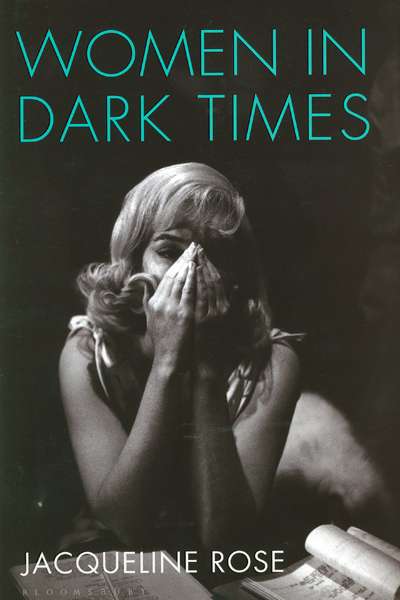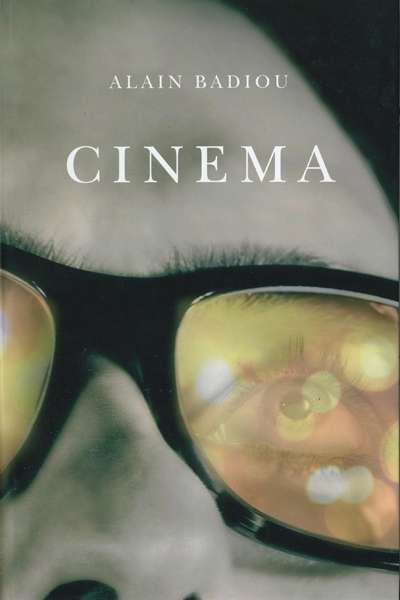Criticism
Sign up to From the Archive and receive a new review to your inbox every Monday. Always free to read.
Recent:
Last month in Melbourne, a group of book reviewers and literary editors took part in a conference organised by Monash University’s Centre for the Book. There were more than thirty short papers, or ‘provocations’, as they were styled. Our Editor lamented the low or non-payment of some reviewers ( ...
Susan Sontag by Daniel Schreiber, trans. David Dollenmayer. & Susan Sontag by Jerome Boyd Maunsell
The Critic in the Modern World: Public criticism from Samuel Johnson to James Wood by James Ley
The ability to situate a work in its context, to praise it without flattery, to argue against it without rancour, to be authoritative without being a know-all, to make difficult matters clear without condescending to the reader – and, of course, to be a good writer in his or her own right.
... (read more)Cinema by Alain Badiou, translated by Susan Spitzer
Writing first
Dear Editor,
Rock critic Robert Christgau once argued that ‘writing about music is writing first’. His edict puts paid to all those who have erroneously demanded that music reviewers must be musicians themselves or otherwise musically literate. If you can listen to and appreciate music, then you can write about it.
... (read more)‘We place on paper without hesitation a tissue of flatteries, to which in society we could not give utterance, for our lives, without either blushing or laughing outright,’ wrote Edgar Allan Poe in 1846. His title was ‘The Literati of New York City’; his topic was the discrepancy, as he saw it, between the critics’ private opinions of books and the polite reviews of them that appeared in print. Literary criticism in New York in the middle of the nineteenth century, Poe argued, was essentially corrupt: a matter of back-scratching, currying favour, and chasing after influence, power, and money.
... (read more)






